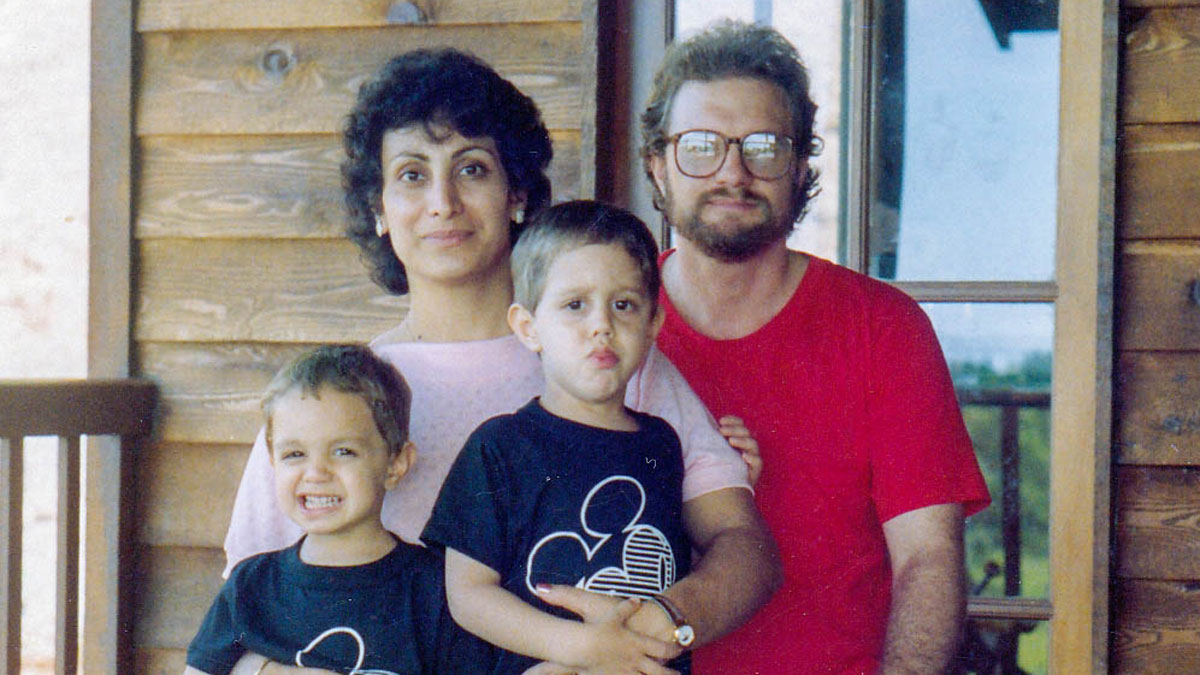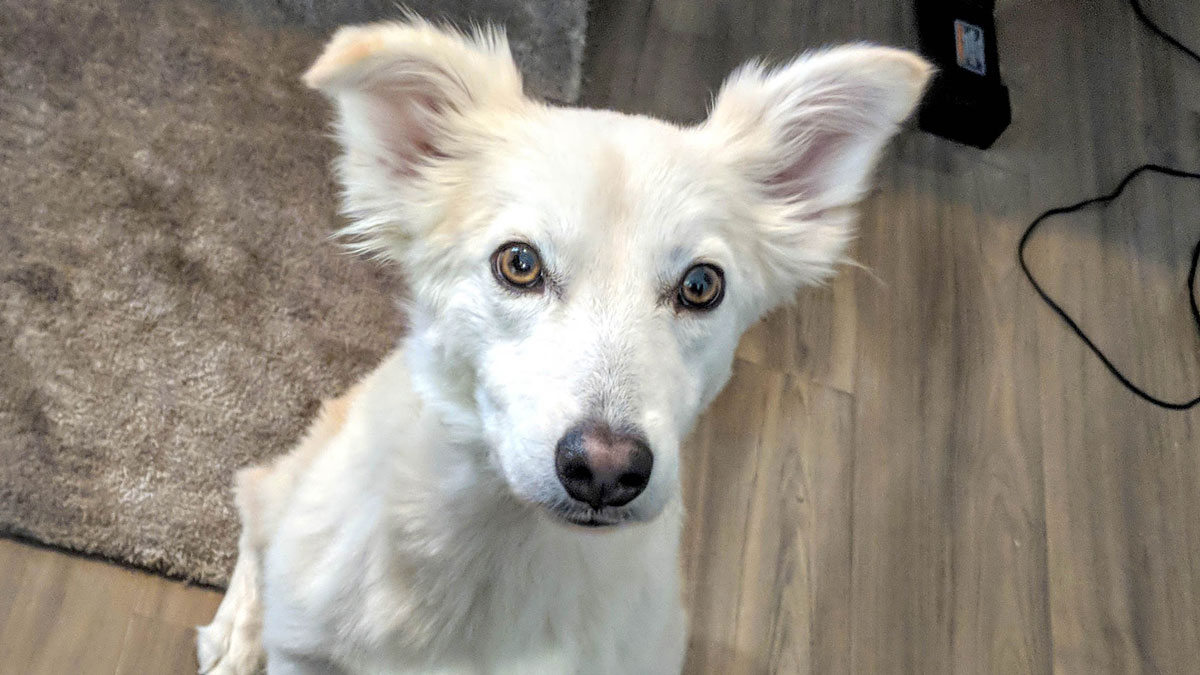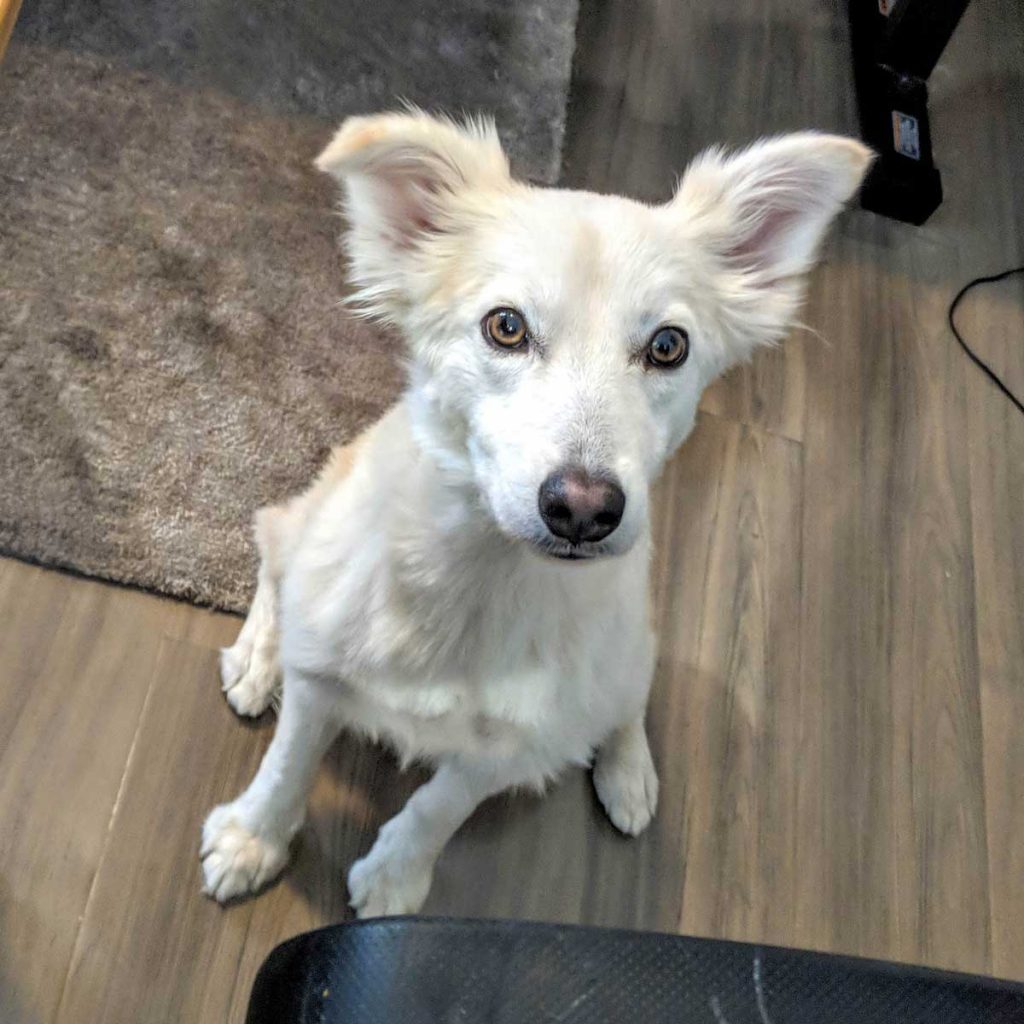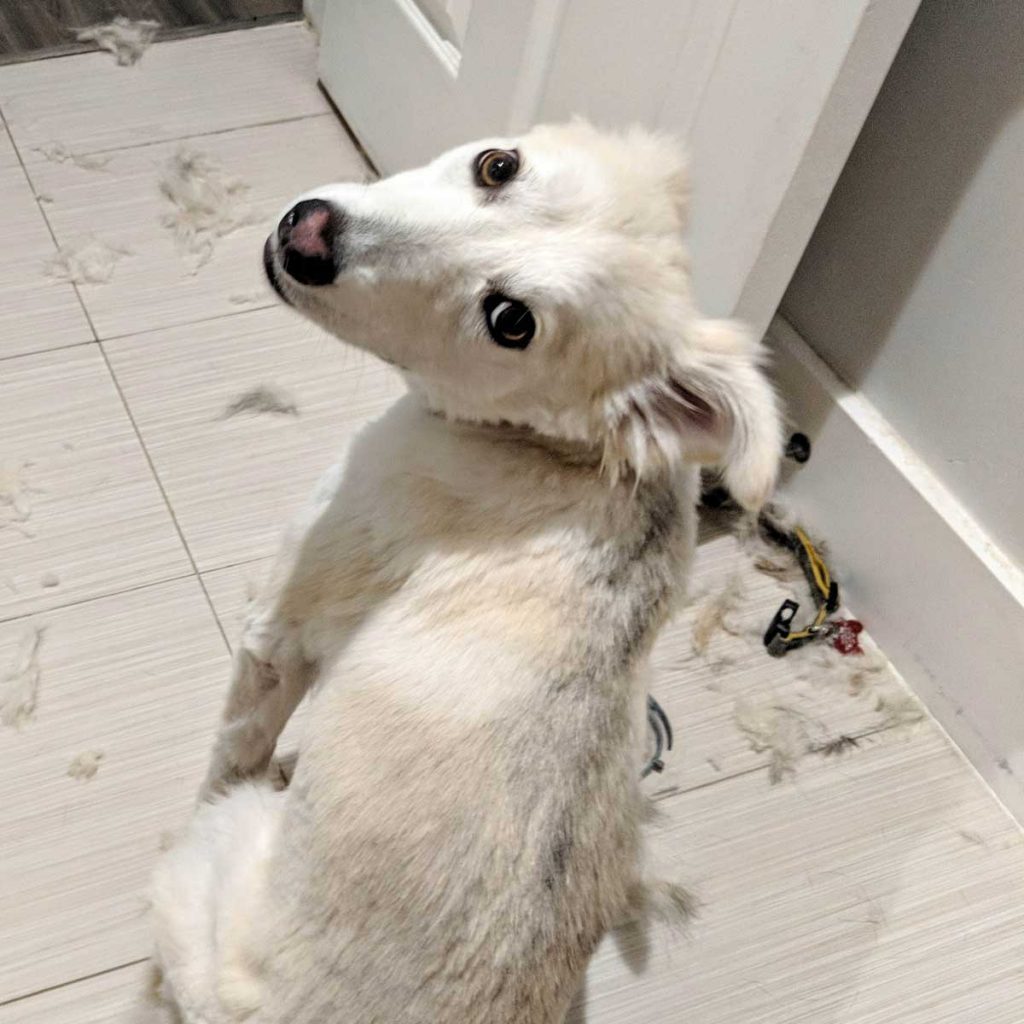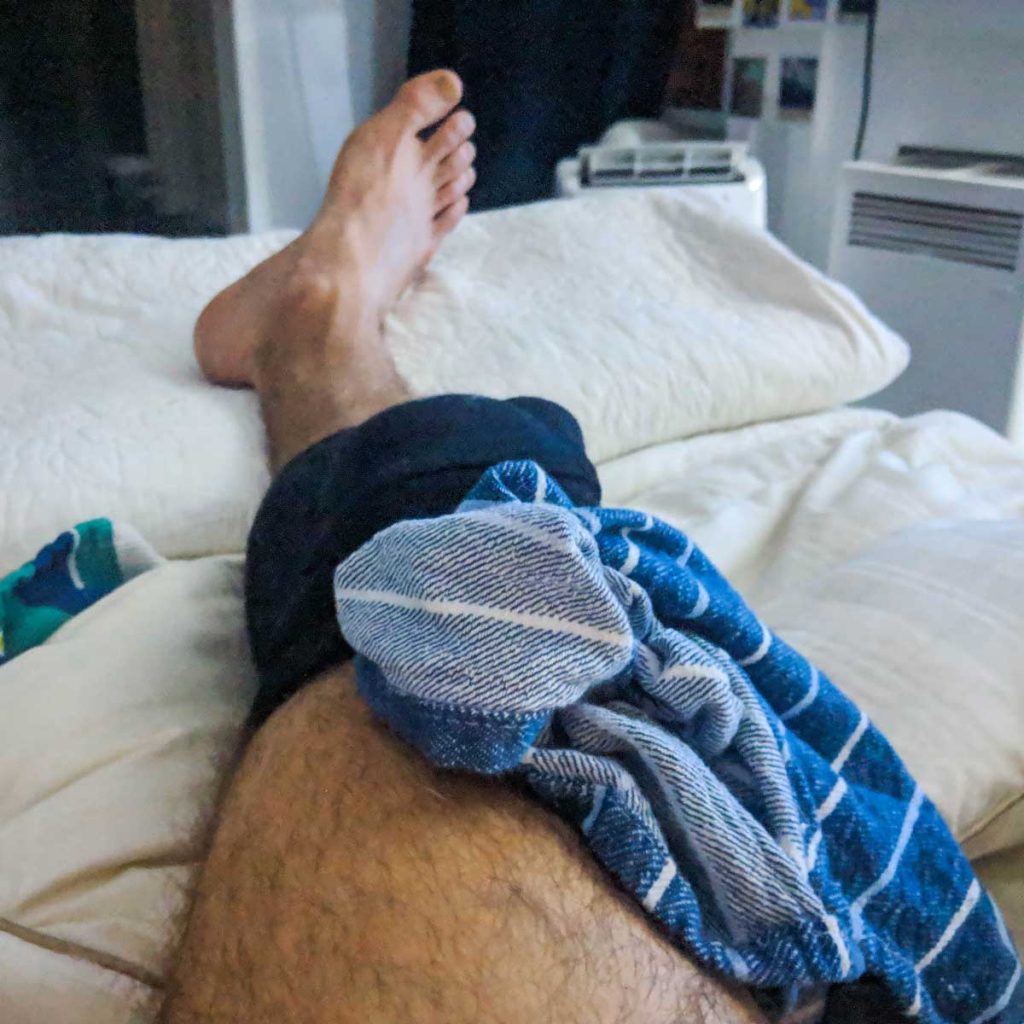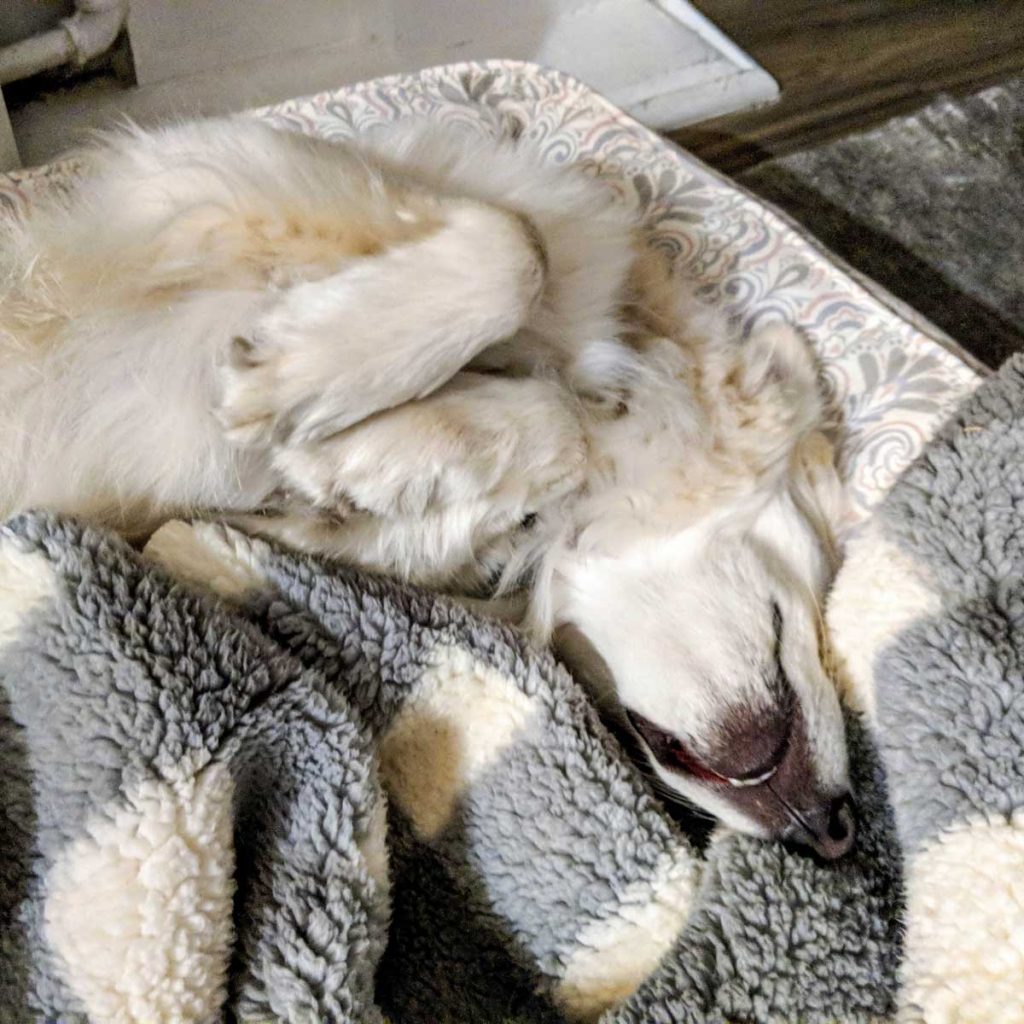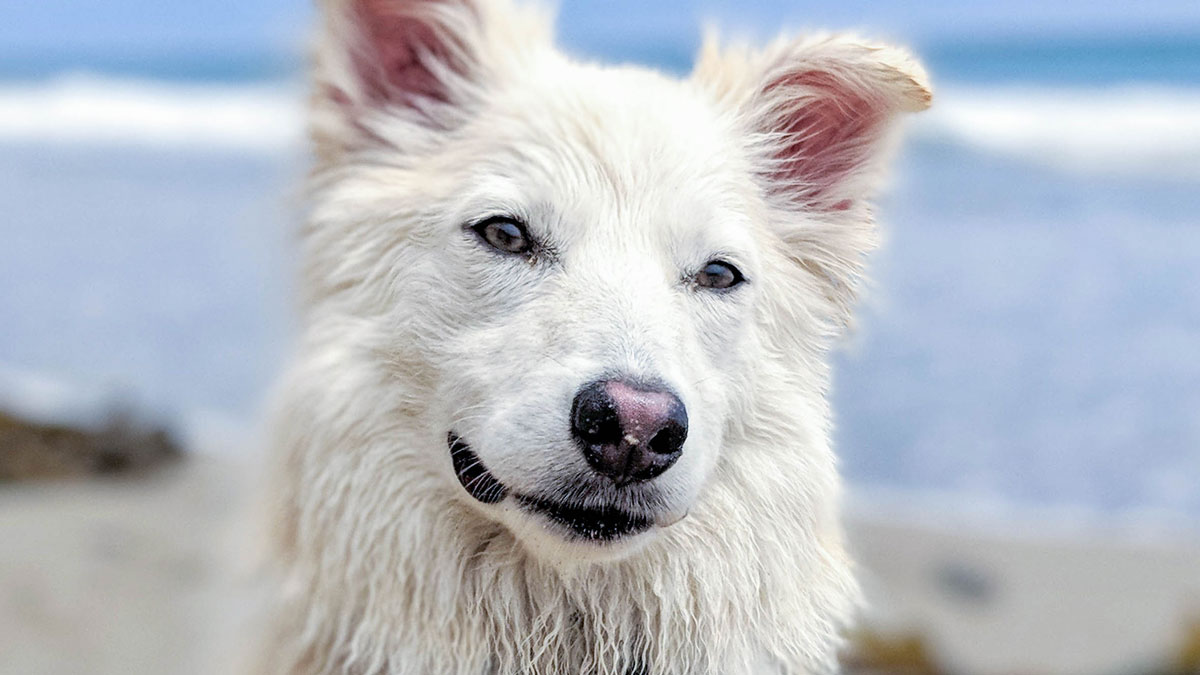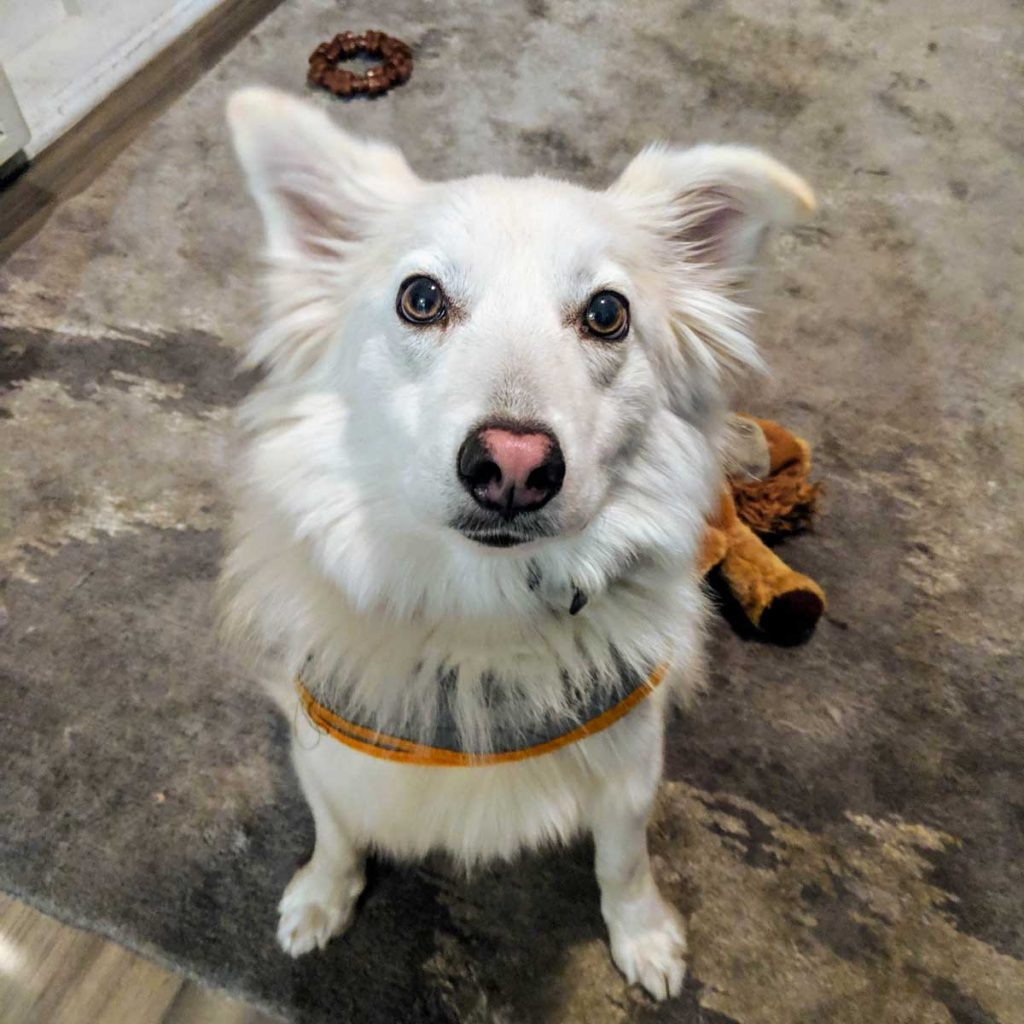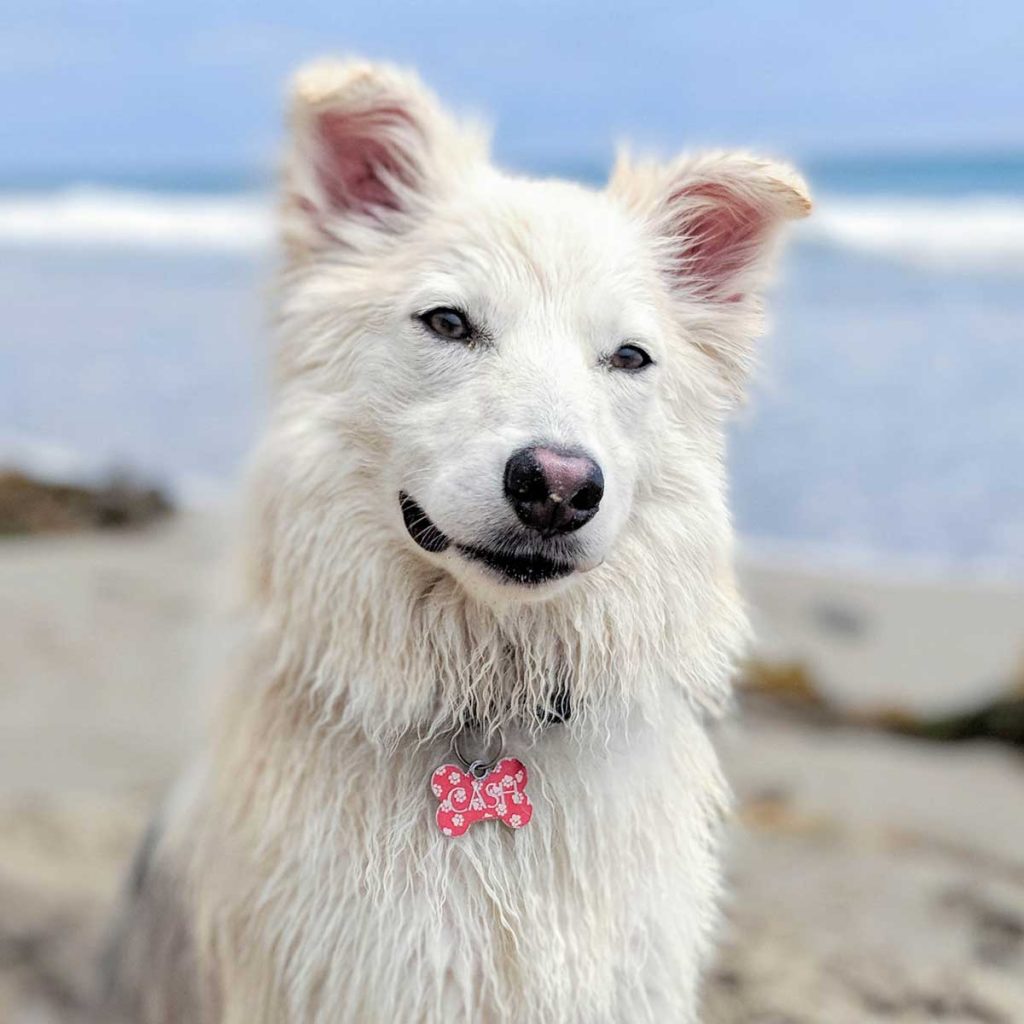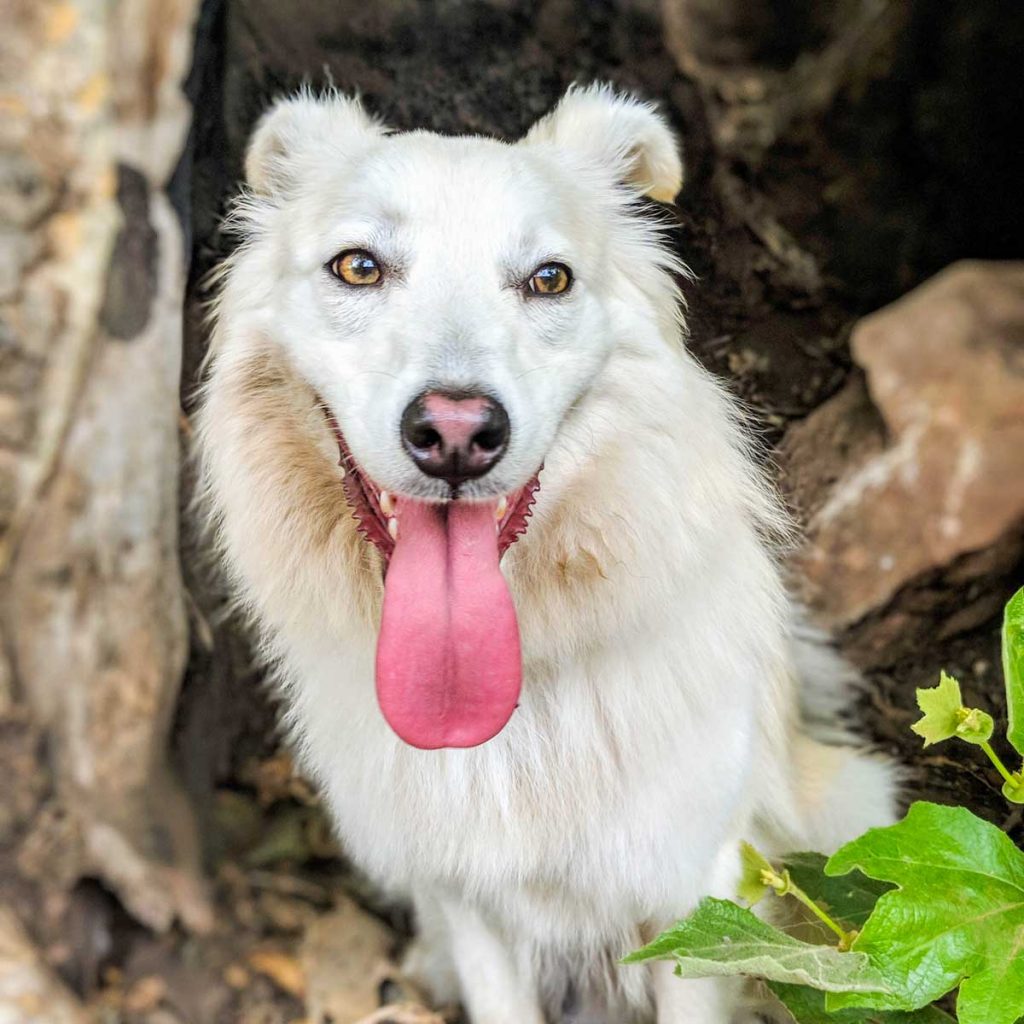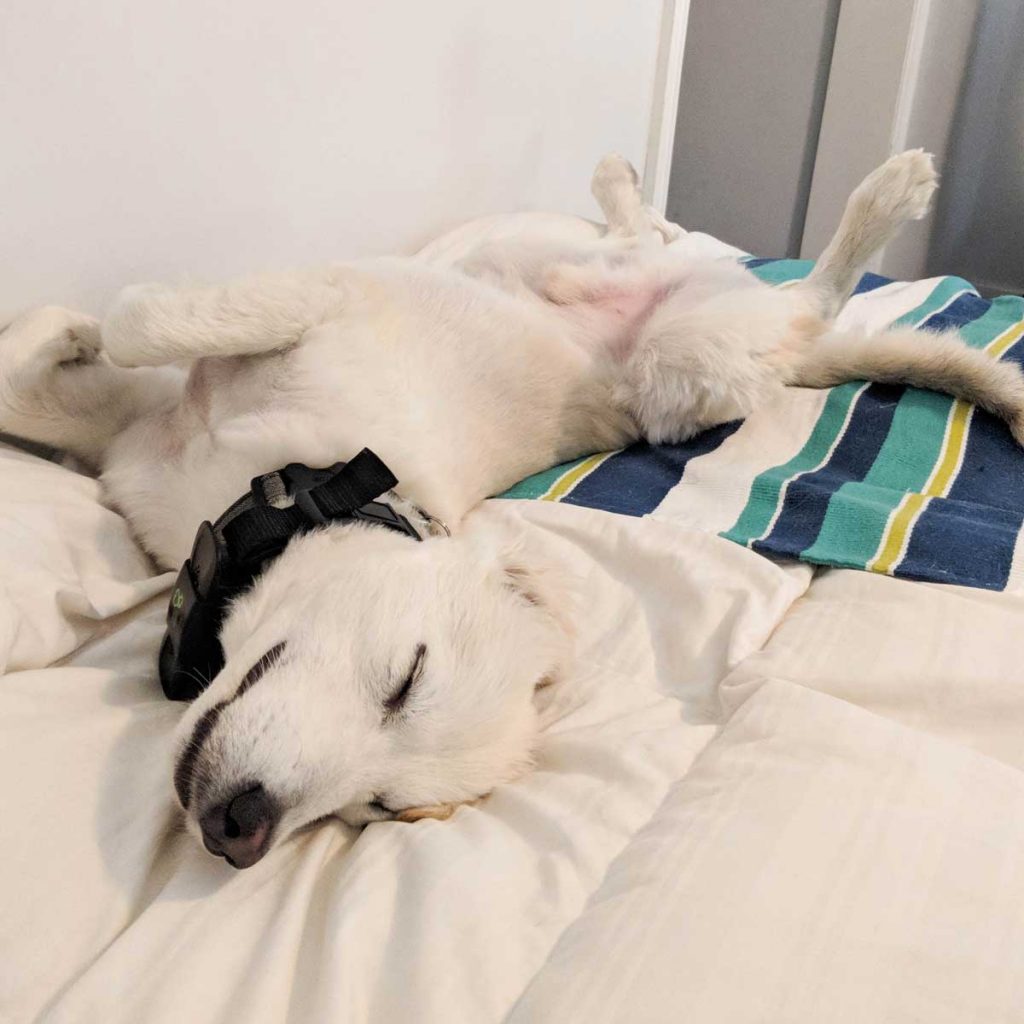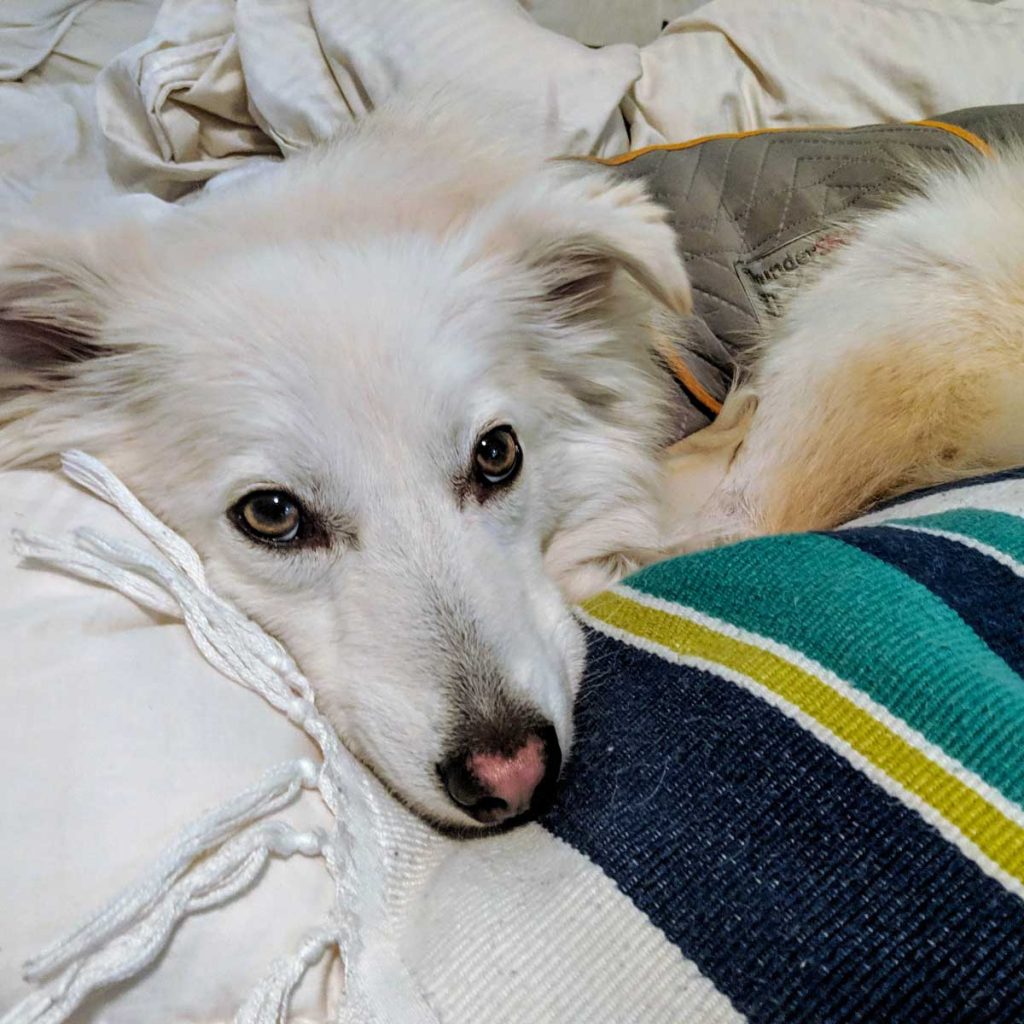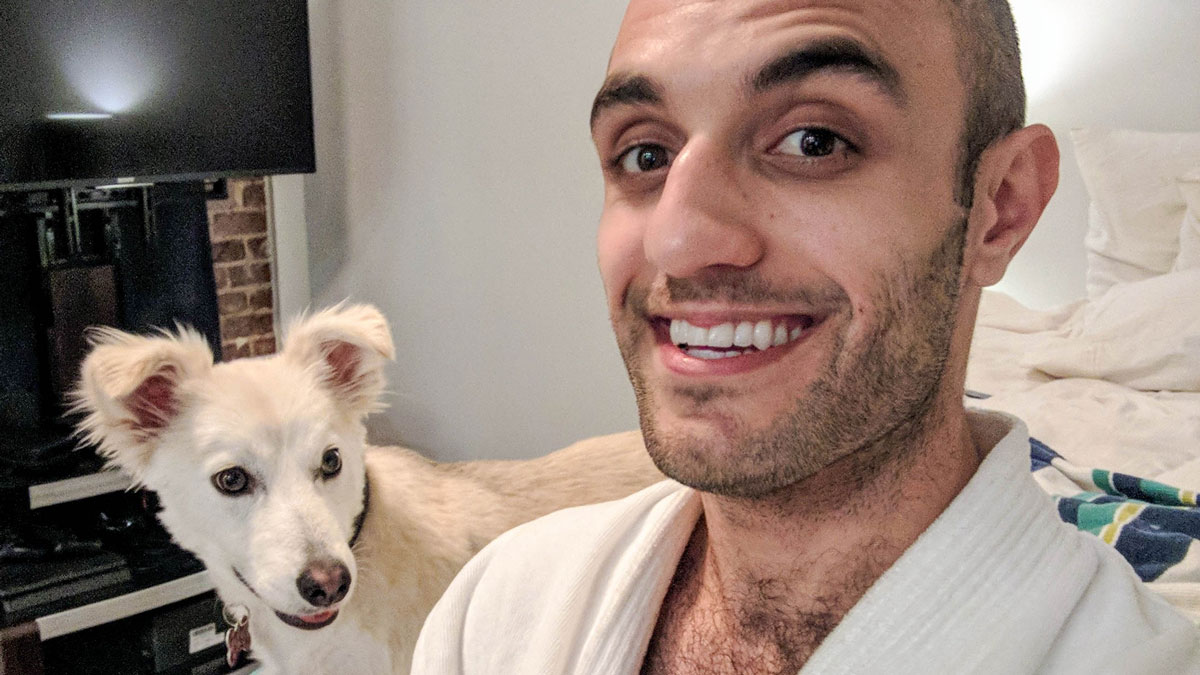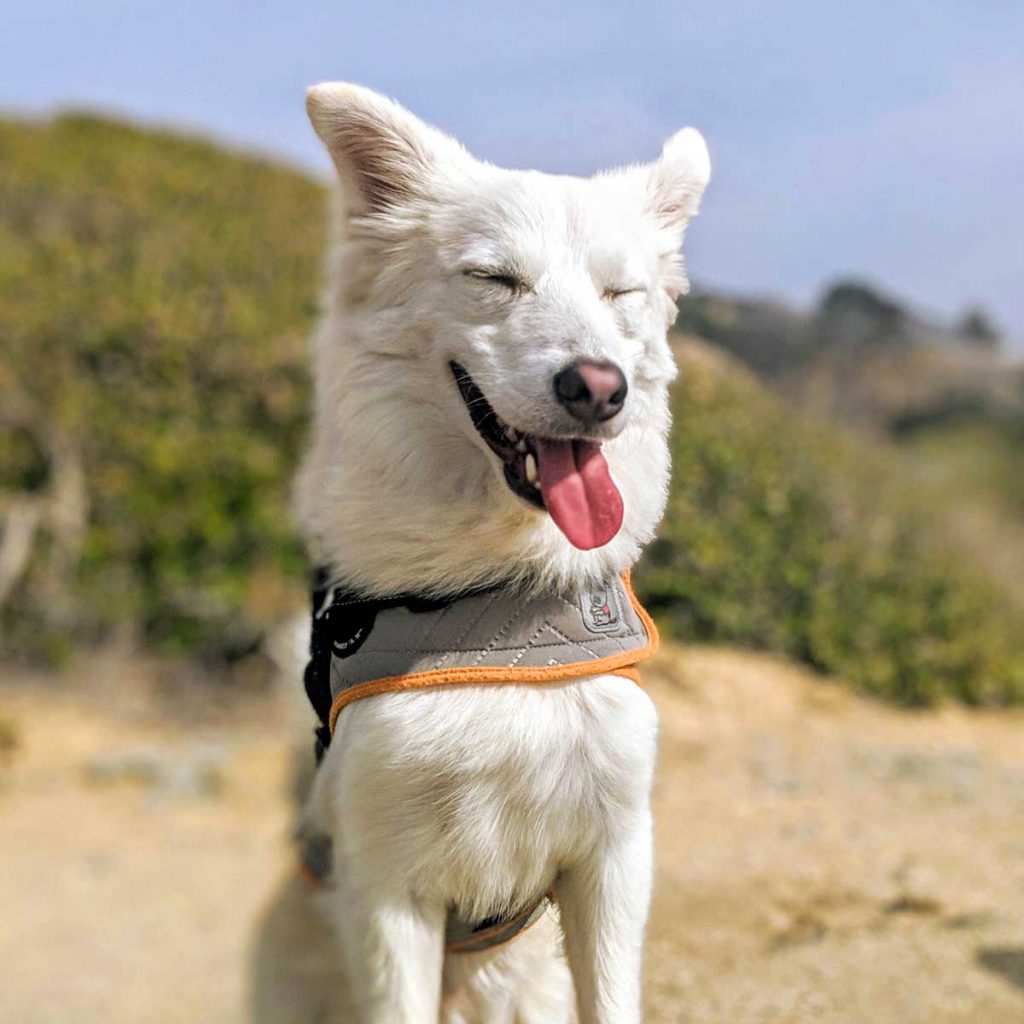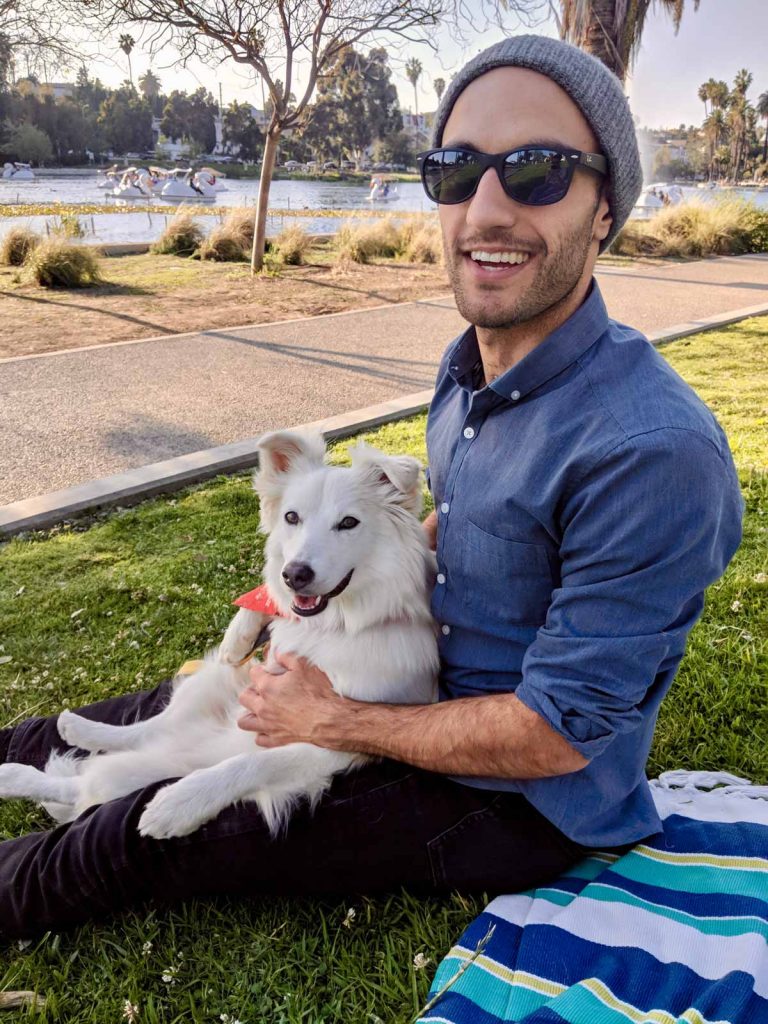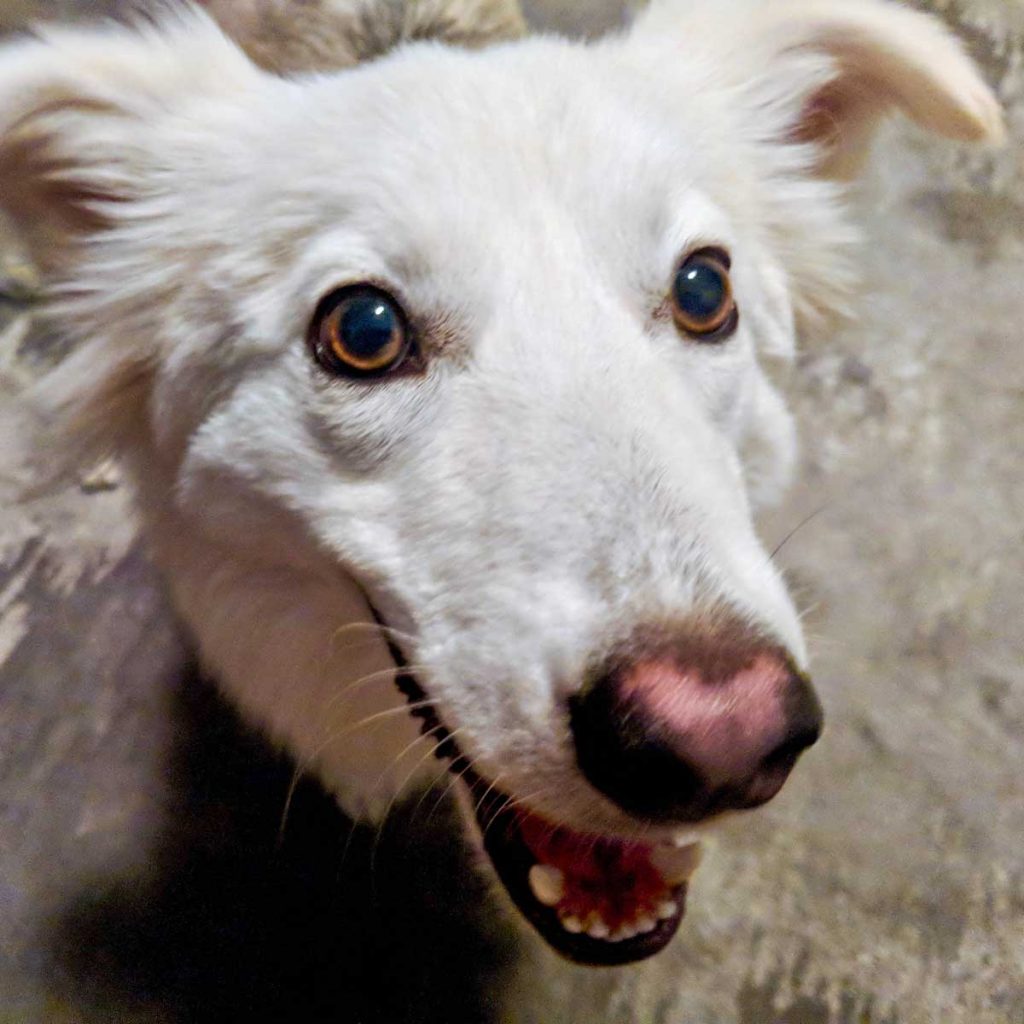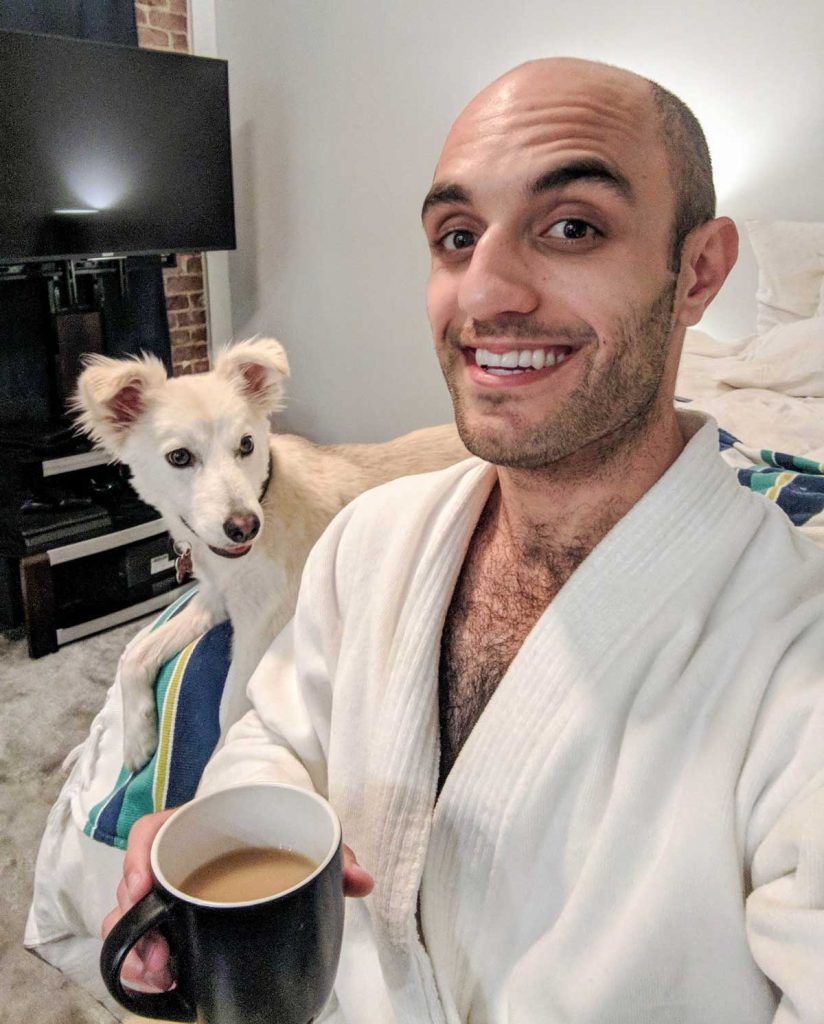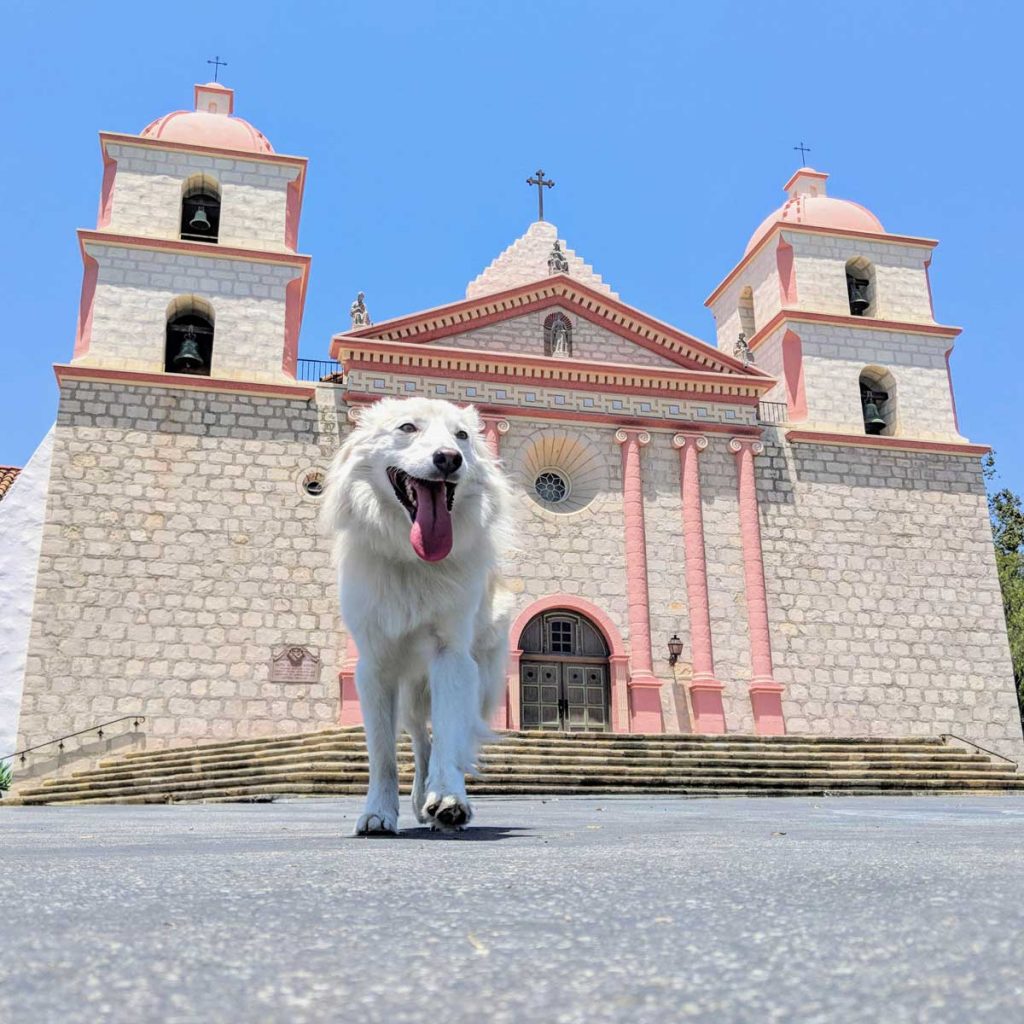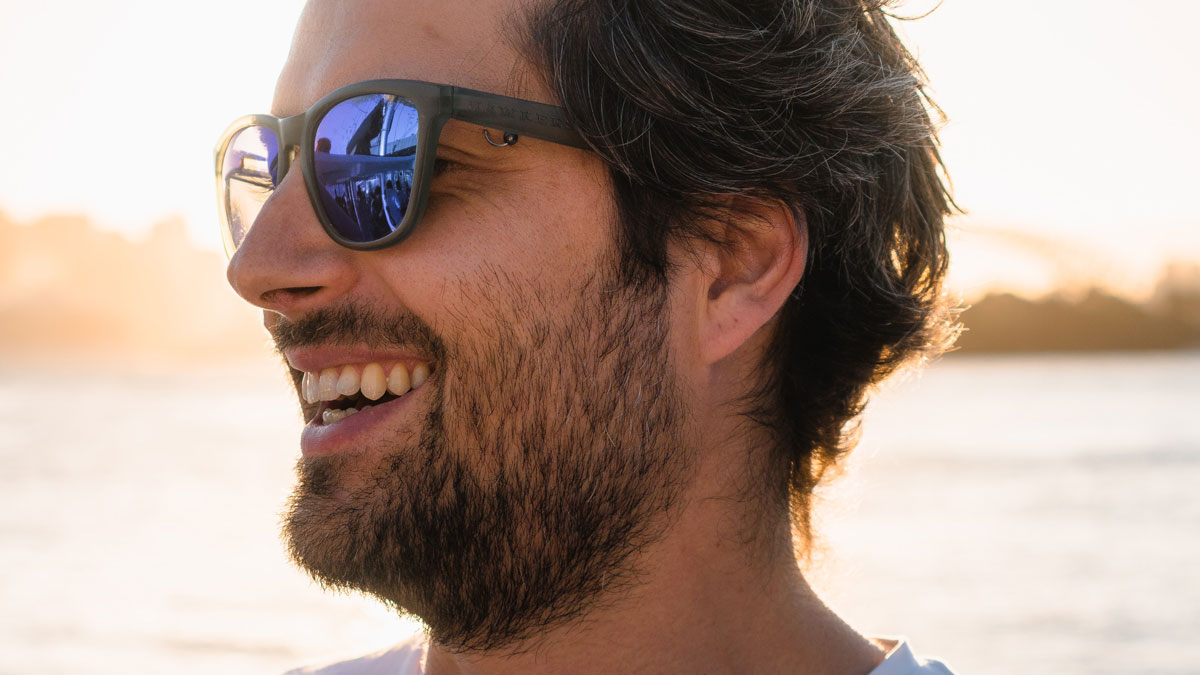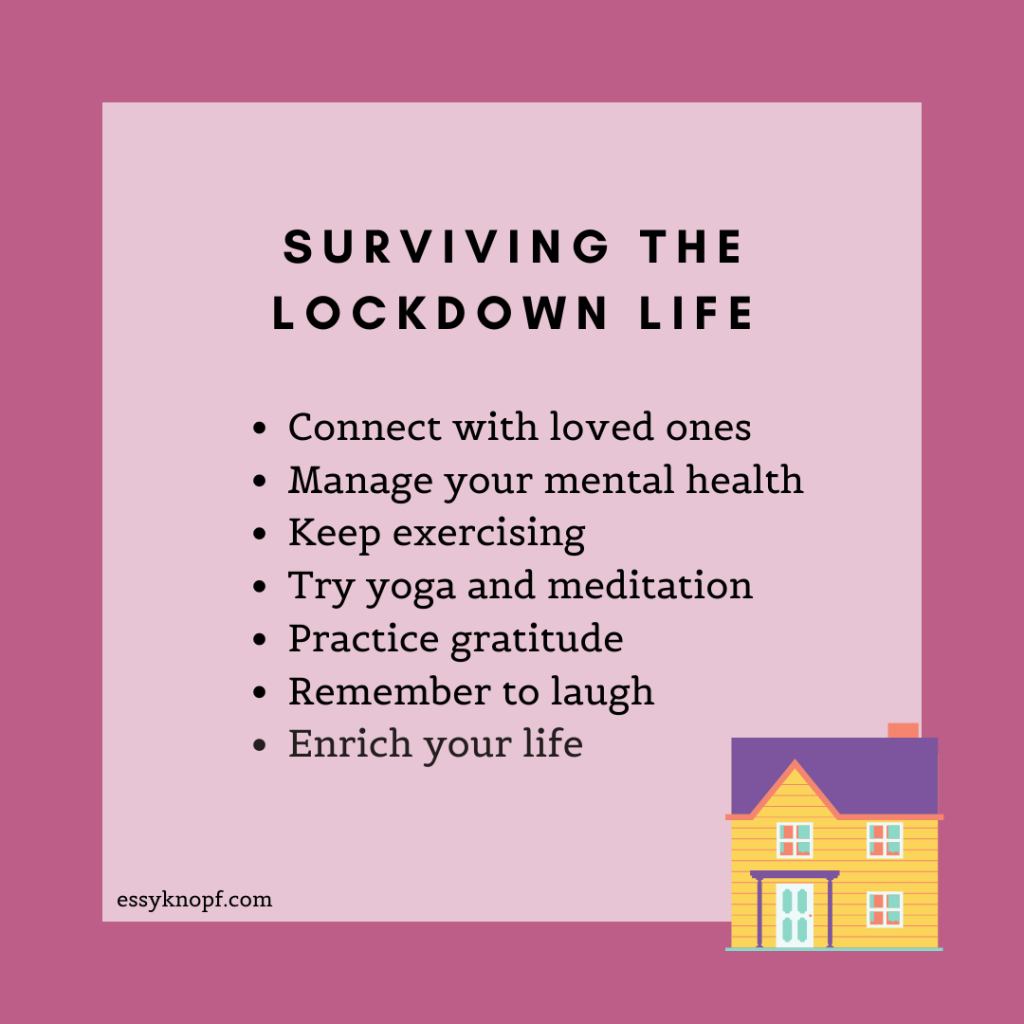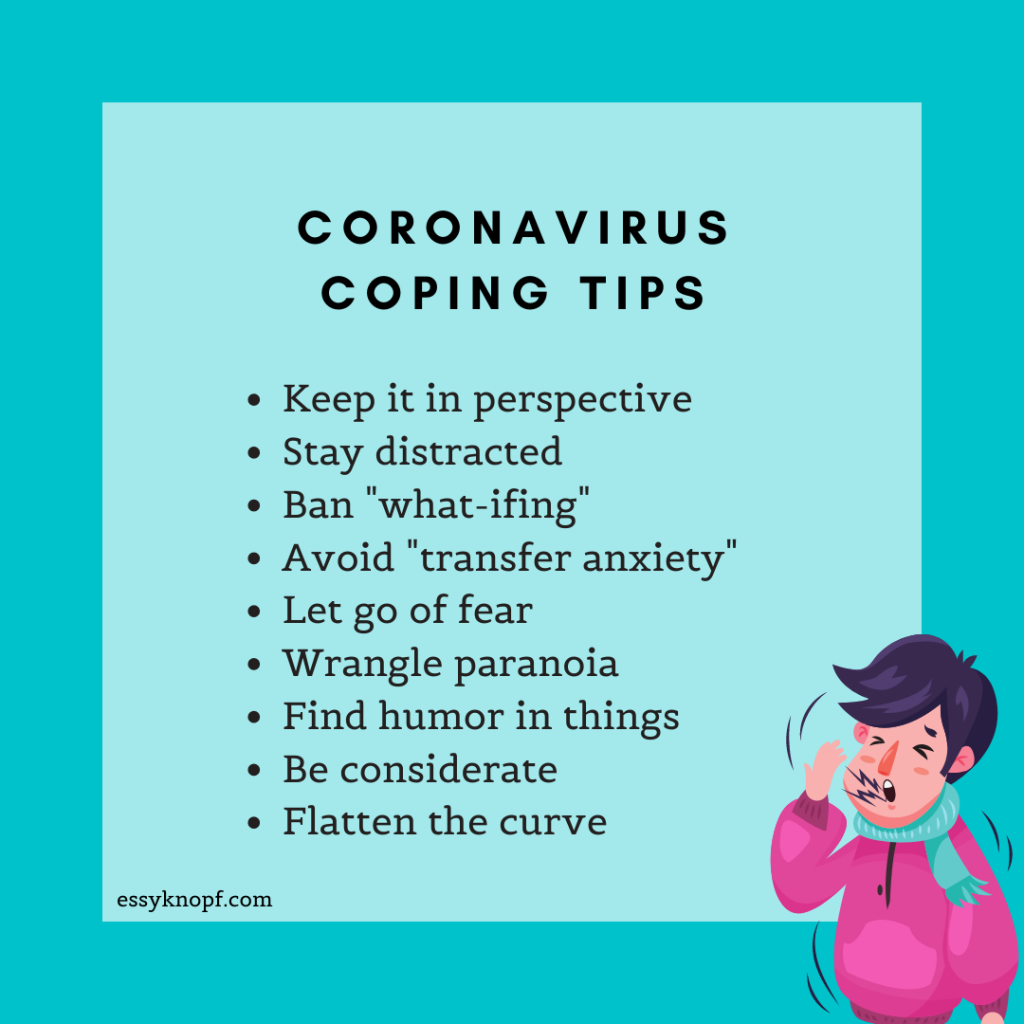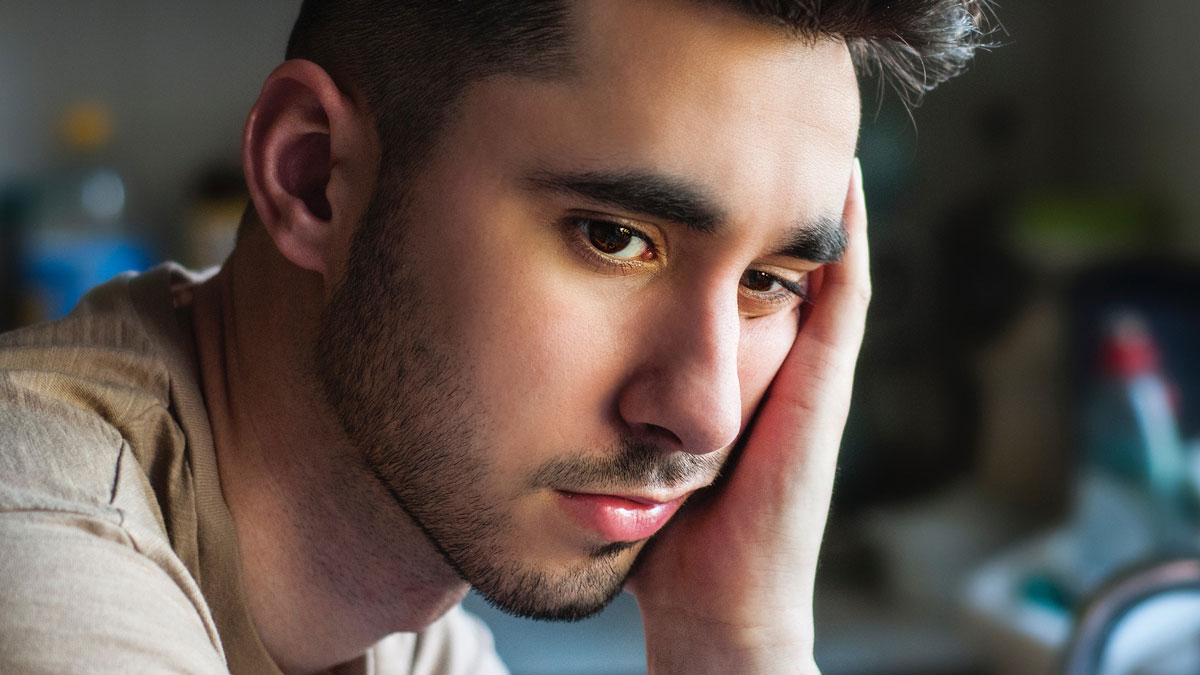Anxious Seeks Canine – Part 15: ‘If only’
Anxious Seeks Canine is a memoir blog series about a gay man living with Asperger’s, mental illness, and the relationships that may very well be fueling it. Names and identifying details have been changed to protect the privacy of all featured individuals. Except for the dog. Here’s part 1, 2, 3, 4, 5, 6, 7, 8, 9, 10, 11, 12, 13, 14, 15, 16, 17, and 18. Subscribe for more posts.
I
During my teen years, our home was transformed into a warzone rocked by sibling violence, theft, and drug use.
The one-two punch of my brother’s unruly behavior and growing financial pressures drove my dad into a state of sullen depression.
Left to wrangle three unruly children, my mother had no choice but to assume the role of disciplinarian.
Did child-me wallow in victimhood? Or rather, did he meet her change of tack head-on?
You betcha.
When my mom withheld my allowance over some petty offense – failing to clean the house on her schedule, I believe it was – I waited ‘til her back was turned, then opened her purse, counted out the exact sum I was owed, and went on my merry way.
When I answered back, she struck me with a wooden spoon. Emboldened by the injustice of it all, I snatched this improvised weapon from her grasp, snapped it cleanly over one knee, and fled into the garden.
“Just you wait,” my mother called from the verandah. “When your father gets home…”
But when my dad’s car finally pulled into the drive, no punishment was forthcoming. The incident appeared to have been forgotten. Either that or my mother’s anger had dissipated, like the thunder that rattled our windows during Far North Queensland’s rainy season.
Later, during our weekly trip to the video rental store, I found a film about a girl so discontent with her upbringing that she resolves to return her mom to the “parent store”.
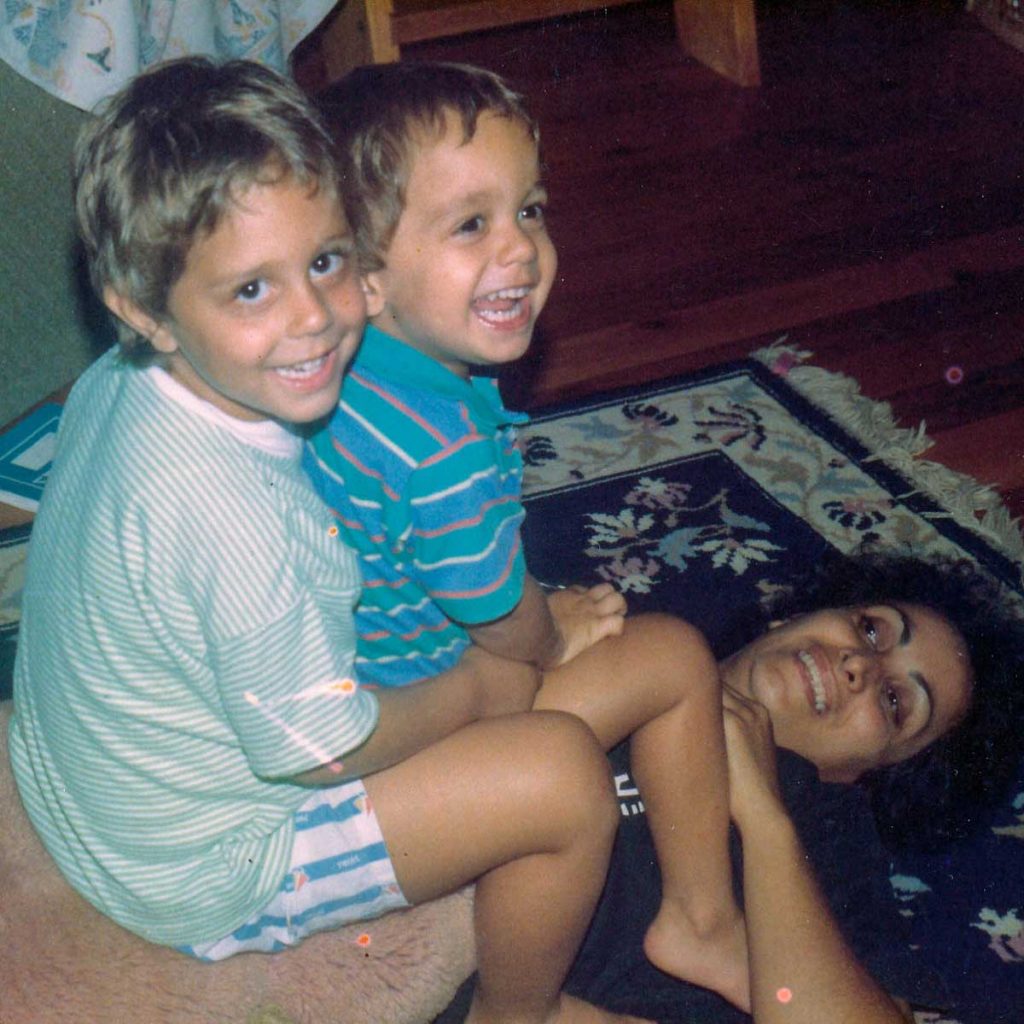
The film follows Little Miss Discontent’s adventures seeking a suitable replacement. Each candidate however turns out to be an extreme embodiment of some negative trait.
While our hero might initially warm to one would-be replacement, sooner or later she would discover the woman was either a strict taskmaster, too emotionally needy or a neglectful deadbeat.
Then all bets would be off, and the girl would go marching back to the store, dragging the latest unsuccessful candidate behind her.
After more than a few of these sobering experiences, Little Miss Discontent accepted she was wrong for disposing of her biological mother and welcomed her home.
The filmmakers probably thought their viewers would reach the same conclusions as the protagonist had: that our parents, however imperfect, ultimately have our best interests at heart.
Perhaps they hoped we would understand that our folks are saddled with the difficult duty of striking a compromise between keeping us happy, and keeping our worst impulses in check.
What the producers did not count on, however, were people like me actually taking a liking to one of the film’s replacement moms: a young, New Age-type who could be persuaded into doing just about anything.
When summoned to the table for dinner, Little Miss Discontent complained about having to eat her broccoli.
Rather than rebuking her daughter, New Age Mom merely beamed.
“Well that’s perfectly fine with me,” went the reply.
The following morning, the girl advised New Age Mom that she would not be going to school.
New Age Mom was well within her rights to correct her daughter, yet all Little Miss Discontent received instead was a jolly stamp of approval.
As I saw it, New Age Mom represented the high-water mark of parenting. The perfect embodiment of unconditional love…and not the shirker of parental responsibility she actually was.
Comparing my mother’s behavior to New Age Mom’s, I was frankly appalled. Being the perfect child I was, her treatment of me up to this point was a complete affront to reason.
When our next battle inevitably erupted, I brought out the heavy artillery.
“I don’t want you for a mother anymore!” I howled. “You’re mean and always angry. I wish there was a real parent store so I could trade you in.”
My mother’s only reaction was to sigh.
“If only,” she said. As if being forced to stand in a storefront display would have been a blessed reprieve.
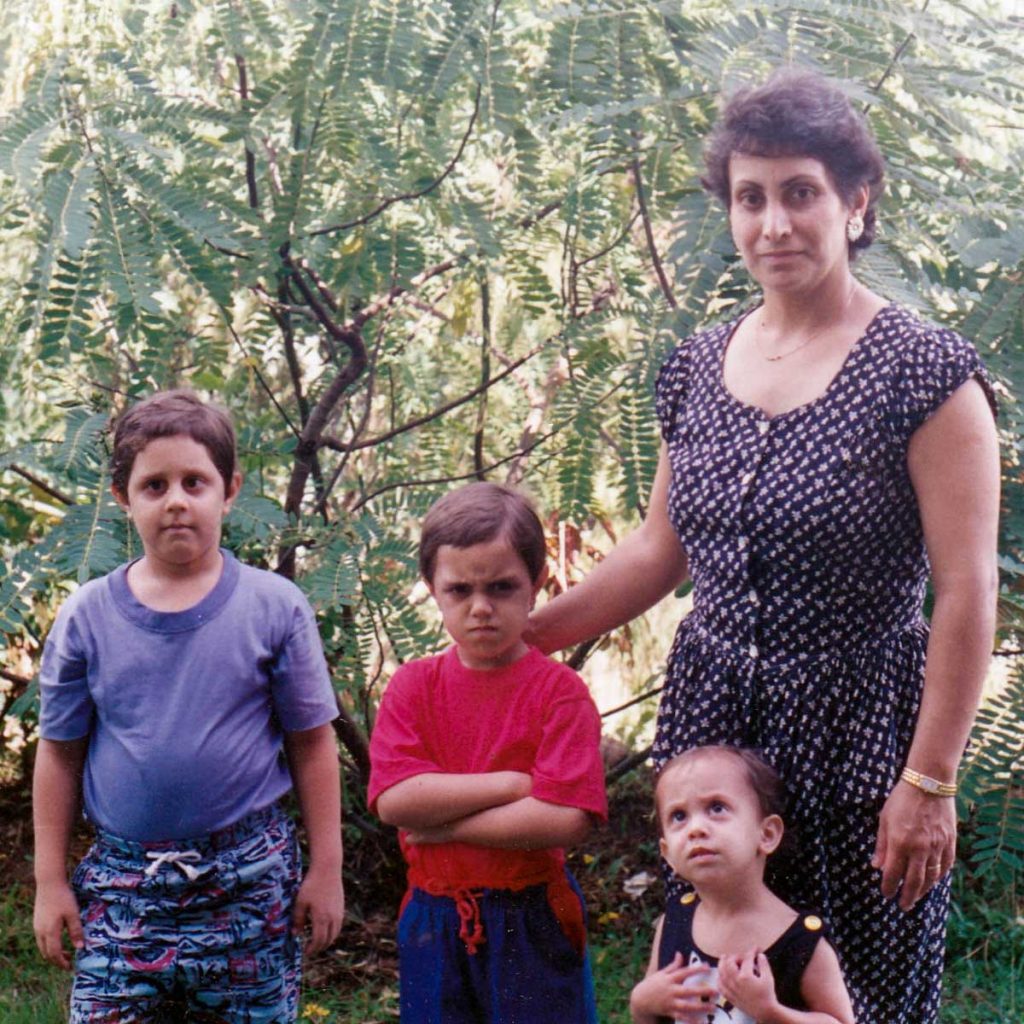
II
Reading this story now, I couldn’t blame you for thinking my childhood problems were just a hair shy of trite.
Any audience member hearing this account on This Is Your Life I imagine would felt shortchanged. My story of struggle is entirely lacking in twists, significant transformations, and a redemptive finish.
Yet my mother’s put-uponness, when taken to the extreme, felt like a form of emotional neglect.
Pleas for protection from my brother for example went largely ignored. My being gay was treated as a “choice”, if not an expression of mental illness.
These subjects would become the later focus of my therapy, but right now, sitting in Dr. Ihekweme’s office on our first session together, I could only give him the CliffNotes version.
Leaning back in his chair, my therapist took stock. Whatever others might have made of my catalog of woes, Dr. Ihekweme seemed to find it all rather interesting.
“So,” I began, after a moment’s silence. “What do you think?”
“What do I think?” Dr. Ihekweme replied.
“As in, do you think…is there any hope for me?” Dr. Ihekweme laughed, in the gentle, disarming fashion that I would learn was his habit.
“This definitely sounds like something we can address,” he replied. “But maybe I should first tell you a little bit about how I work.”
“Okay…”
“I don’t believe in keeping people in therapy indefinitely,” Dr. Ihekweme continued. “Only as long as it takes for them to feel better. I want people to leave my office feeling able to overcome their challenges.”
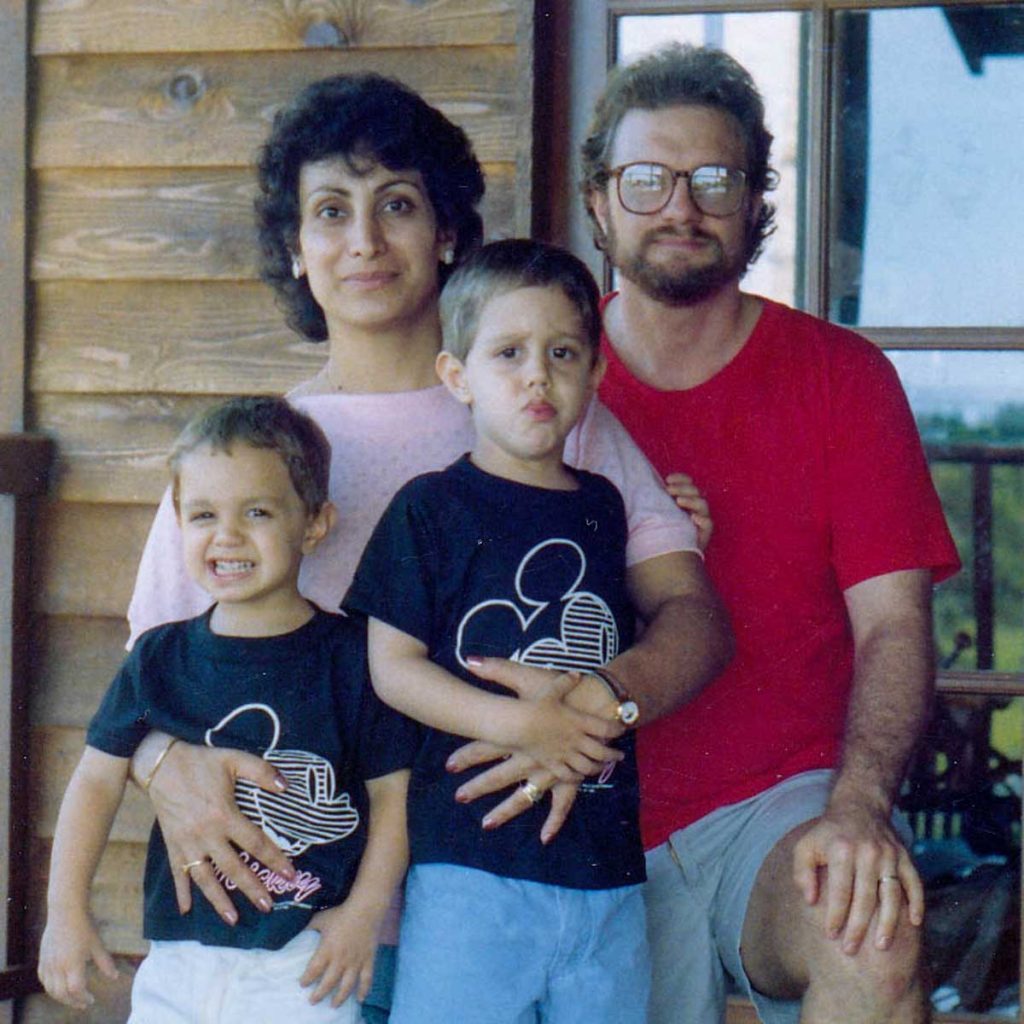
Well, this was interesting. Most therapists I’d dealt with so far hadn’t seemed as solution-minded as Dr. Ihekweme. Rather than actively structuring our sessions, they had insisted merely on listening, nodding, and responding.
All the while, the panicked part of my brain – wanting to ensure my time spent on the therapist’s couch was time well-spent – had been seeking something more solid, direct, and proactive. Maybe I had at last found it.
“But I want you to know it may take time,” Dr. Ihekweme said.
“How long?” I prompted.
“Six months, maybe.”
Six months? I wasn’t exactly expecting an overnight transformation, but surely there was some more efficient way to address my problems?
“Do you think you’ll be able to stick with therapy for that long?” Dr. Ihekweme said, after a moment.
“I guess?” I offered.
III
If I was a trauma victim, then my time on the couch was an E.R. intervention, and Dr. Ihekweme the nurse, triaging me with talk therapy.
Once he felt my trust had been earned, Dr. Ihekweme seeded our exchanges with insights and observations, delivered sometimes with a cheeky wink.
From out of our many conversations emerged a growing awareness about how Cash’s presence was triggering my latent shame issues.
During one trip to a dog cafe, he chewed his leash and raced out into the street. As I ran, panic-stricken after him, I was forced to concede – with great relief and no small amount of embarrassment – that my pooch was indeed averse to other canines.
But in a dog-friendly city like Los Angeles, avoiding other pooches would be a difficult task.
Still, he needed exercise. Not being much of a runner, I decided to bring Cash along on my weekly hikes. Even assuming I was willing to ignore his barking fits en route to hiking spots, Cash still fell to mounting or fighting any dog he came across.
Worse still, he refused to walk at the group’s pace. Once, while navigating a particularly narrow stretch of trail, Cash tried to overtake me, and in the process almost sent me plunging into the void.
Corgis are bred for herding, and while that isn’t to say they can’t adjust to domestic life, I became convinced that maybe part of Cash’s problem was that he was being deprived of the opportunity to fulfill his cattle-chasing urges.
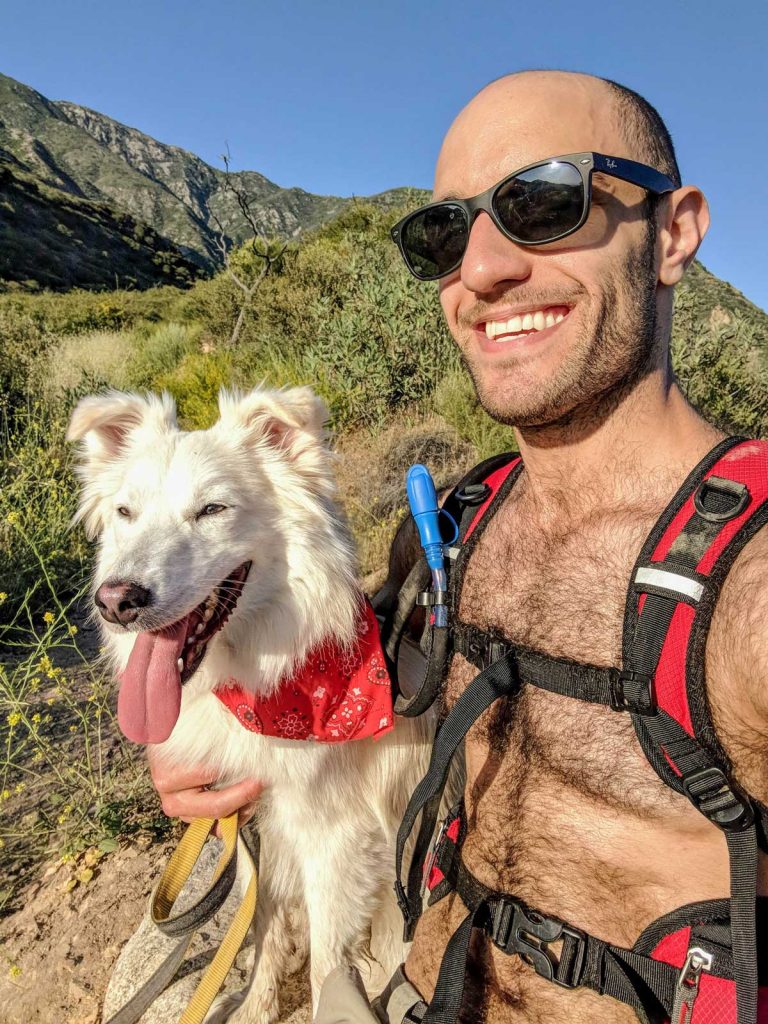
I might not have access to a farm, but even a house with a yard would have been better than my tiny studio. Given enough room to run, Cash might have been able to safely expend all his anxious energy.
Another fact I fell to considering was that Cash may simply have become his highly strung self by way of neglect or misfortune. There was also the possibility that maybe his condition was simply the result of a bad genetic dice roll.
According to one of Cash’s previous owners, he hadn’t played well with their other dogs. Neighbors had complained over Cash’s incessant barking whenever he was left on his own.
The fact Cash had apparently been the last of his littermates to be adopted may have indicated his uneasy temperament from the start. Doubtless, Cash’s other owners – four in total, over eight months – had grappled with the same issues as me.
The experience I knew must have been traumatic for him, and so giving Cash up hadn’t ever seemed an option. One way or another, I was just going to have to stop my handwringing and make this work.
And yet for all my best, but imperfect, efforts to help Cash – for all the difficulties ignored and compensations made – I didn’t see his condition changing in the near future.
During one session, Dr. Ihekweme replied to my concerns with a suggestion that caught me completely off guard.
“What?” was all I could say. The words were so radical, they barely registered.
“Maybe,” he repeated carefully, “this is a relationship you need to let go of.”
Was my therapist really saying what I think he was saying? That I should surrender my dog?
Admittedly, it was an idea I had secretly toyed with since my first days as Cash’s owner. But for someone as driven and defined by achievement as me, to give Cash up represented not only the ultimate cruelty – but a crippling defeat.
“I can’t,” I replied, finally.
Dr. Ihekweme looked thoughtful.
“Are you sure?”
Anxious Seeks Canine continues with Part 16: ‘Such good care’.

Essy Knopf is a therapist who likes to explore what it means to be neurodivergent and queer. Subscribe to get all new posts sent directly to your inbox.


